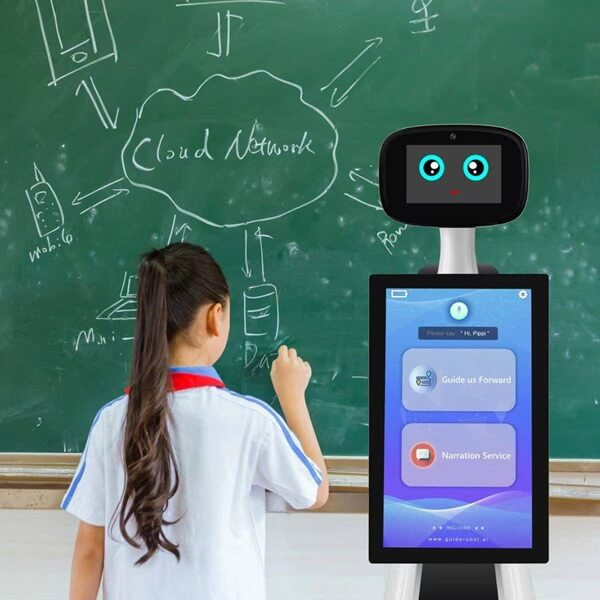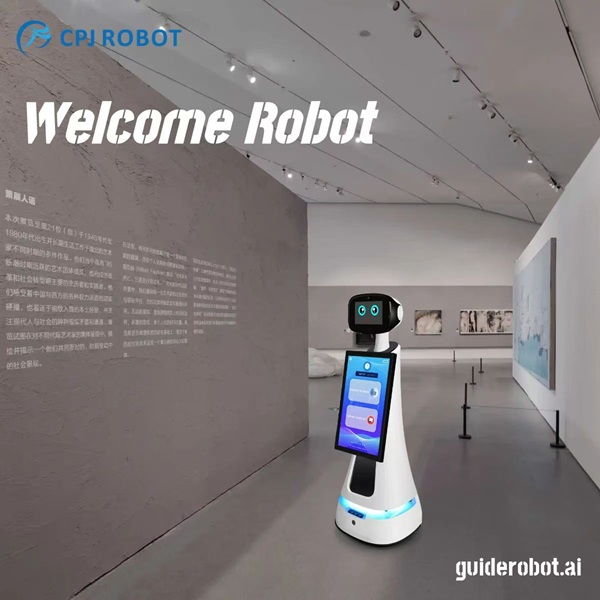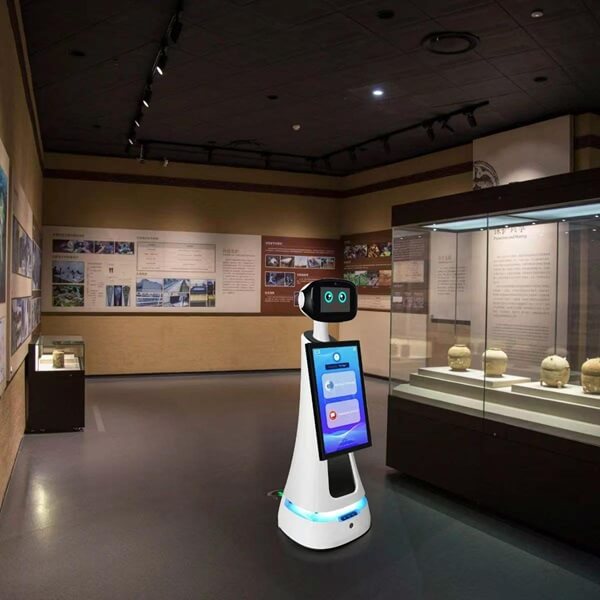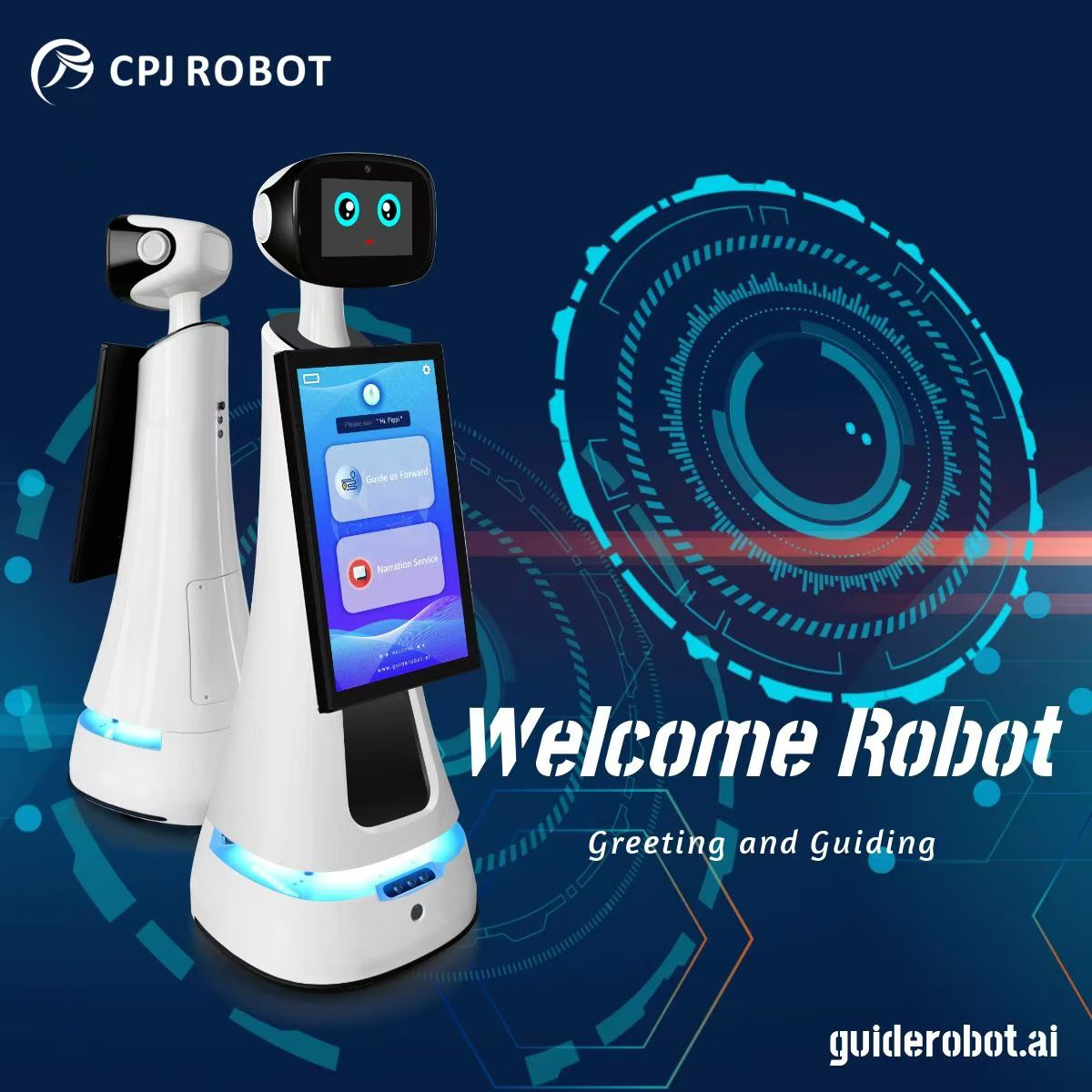Introduction:
The rise of intelligent customer service robots is reshaping how businesses interact with their customers. From handling inquiries and resolving issues to offering tailored support, these AI-powered systems streamline operations and improve customer satisfaction. But which industries are leveraging this technology the most? In this article, we’ll explore the top 7 sectors where intelligent customer service robots have become indispensable.
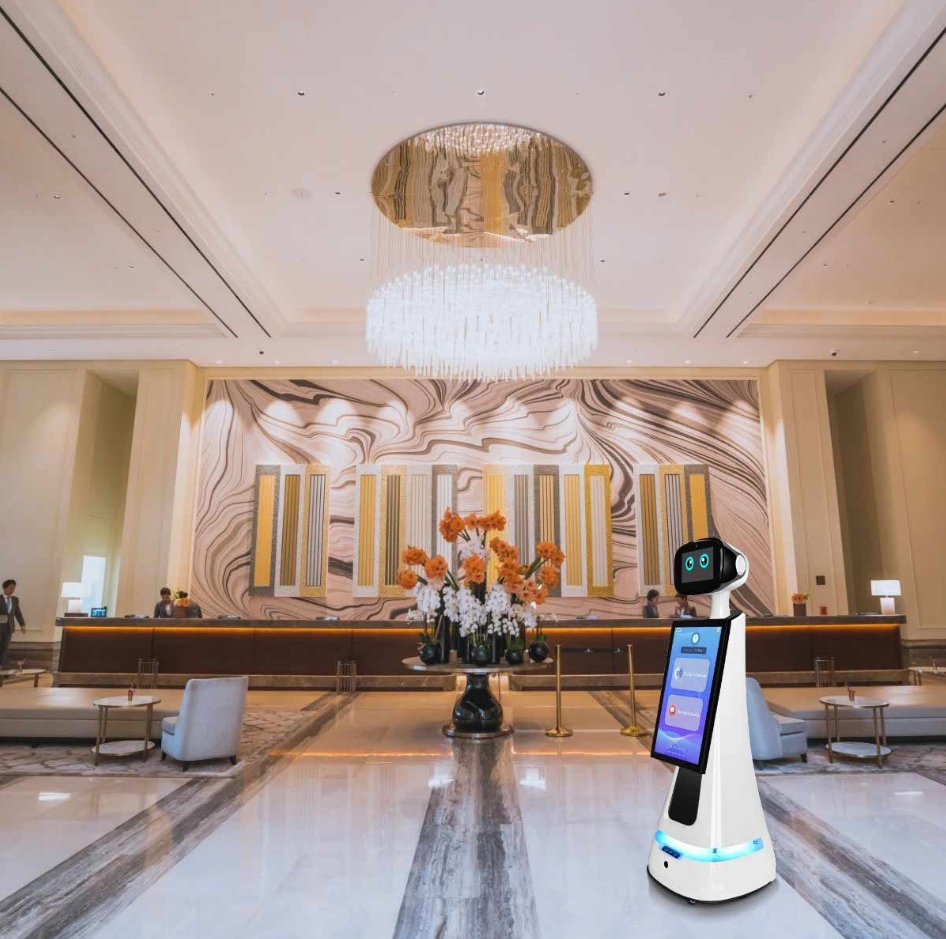
1. Financial Services
The financial industry, including banks, insurance companies, and investment firms, has rapidly adopted intelligent customer service robots to manage client interactions. These robots handle routine queries such as account balances, transaction histories, and insurance claims while offering personalized financial advice. By automating these processes, financial institutions reduce operational costs and free up human agents to focus on complex tasks. For a highly regulated sector, these systems ensure accuracy and enhance compliance.
Key Benefits:
- Efficient handling of repetitive tasks like balance inquiries
- Enhanced customer support for loans, insurance, and investments
- Significant reduction in wait times for customers
2. Education
In the education sector, intelligent customer service robots simplify administrative processes and enhance student support. During enrollment periods, they efficiently handle inquiries about admission requirements, course details, and fee structures. Online learning platforms and universities use these robots to assist with course planning, exam schedules, and even technical support for e-learning systems.
Key Benefits:
- Faster response times for student and parent queries
- Streamlined enrollment and admission processes
- 24/7 support for online education platforms
3. Retail
The retail sector thrives on delivering personalized customer experiences, and intelligent service robots excel at this task. These robots assist shoppers by providing product details, inventory availability, and after-sales support. Additionally, they analyze customer preferences and purchase histories to offer personalized shopping recommendations. During peak shopping seasons, their ability to handle high volumes of inquiries ensures seamless customer service.
Key Benefits:
- Personalized shopping experiences through data-driven recommendations
- Efficient management of post-purchase queries and returns
- Improved operational efficiency during sales rushes
4. Healthcare
In healthcare, intelligent customer service robots address the growing need for patient support. They assist with appointment scheduling, medication reminders, and answering common health-related queries. By handling routine tasks, these robots alleviate the workload on medical staff, allowing them to focus on critical patient care. For hospitals and clinics, this technology ensures faster and more accurate responses, improving overall patient satisfaction.
Key Benefits:
- Simplified appointment booking and reminders
- Reduced administrative burden on medical staff
- Enhanced patient engagement and satisfaction
5. Entertainment
The entertainment industry has adopted intelligent customer service robots to create interactive and engaging experiences for audiences. These systems are particularly popular among younger demographics who appreciate real-time responses delivered in a fun, conversational manner. From ticket bookings to answering queries about events or shows, these robots ensure seamless and enjoyable user interactions.
Key Benefits:
- Real-time assistance for ticket bookings and event information
- Interactive and engaging customer experiences
- Better audience engagement through personalized support
6. Automotive and Manufacturing
The automotive and manufacturing industries rely heavily on after-sales support, and intelligent customer service robots are playing a vital role in this space. They assist customers with inquiries about vehicle maintenance, parts availability, and warranty claims. Manufacturers also use these robots to provide product support and handle technical troubleshooting for machinery and equipment.
Key Benefits:
- Improved after-sales support and customer service
- Efficient management of warranty claims and product inquiries
- Faster troubleshooting and technical assistance
7. Telecommunications
Telecommunications companies are leveraging intelligent customer service robots to improve service quality and customer satisfaction. These robots handle billing inquiries, technical troubleshooting, and service activation requests. By automating repetitive tasks, telecom providers significantly reduce response times, ensuring customers get quick and accurate support.
Key Benefits:
- Rapid resolution of billing and technical issues
- Improved customer satisfaction through 24/7 support
- Enhanced efficiency in service activation and troubleshooting
Conclusion:
As industries continue to embrace digital transformation, intelligent customer service robots are emerging as essential tools for improving customer interactions and operational efficiency. From finance and education to retail and healthcare, these robots are revolutionizing how businesses engage with their clients. With their ability to provide accurate, efficient, and personalized support, intelligent customer service robots are poised to redefine customer experience across various sectors.
By investing in this innovative technology, businesses can stay competitive, reduce costs, and deliver superior customer satisfaction. It’s not just about automating tasks—it’s about creating smarter, faster, and more human-like customer interactions in a digital age.

